UNICEF Iran Office and Zahedan University of Medical Sciences Strengthening International Cooperation for Childrens Health
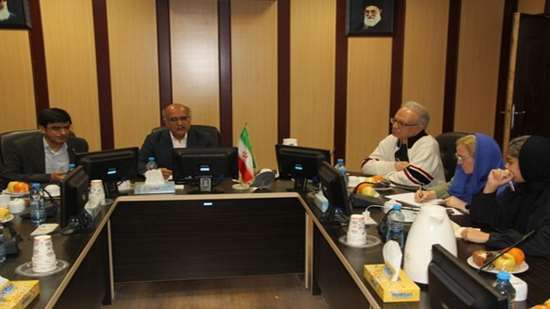
Report from: Zahedan University of Medical Sciences, International Affairs Office
Published on: March 15, 2025
On March 12, 2025, a meeting took place that included Dr. Monika Oledzka-Nielsen, UNICEF’s Representative in Charge in Iran, along with UNICEF country office managers, Chancellor Dr. Mohammadi, the Chancellor's Advisor for International Affairs, the Vice Chancellor for Health, the Head of the Pediatrics Department, the Head of the NICU ward, and various directors from the Vice Chancellery for Health. The purpose of the meeting was to identify collaborative opportunities aimed at enhancing child health in Sistan and Balouchestan Province, with particular emphasis on addressing child malnutrition, vaccine-preventable diseases, and neonatal mortality.
At the beginning of the meeting, Dr. Sheikhzadeh, the Vice Chancellor for Health, delivered a presentation regarding the prevailing issues of malnutrition and child mortality in the regions served by Zahedan University of Medical Sciences and areas for future collaboration with UNICEF country office to address children health issues in the province.
According to the Public Relations Report, Dr. Mohammad Hassan Mohammadi, Chancellor of Zahedan University of Medical Sciences, stated that the empowerment of medical professionals, including doctors, healthcare workers, and nurses, along with the acquisition of medical equipment, has significantly contributed to the decrease in infant mortality rates within the province.
He underscored the necessity of executing intervention programs that effectively address child morbidity and mortality, emphasizing the importance of training human resources to enhance the quality of services offered to children.
Dr. Monika Oledzka-Nielsen, UNICEF’s Representative in Charge in Iran, also highlighted the critical nature of infant health during the meeting. She noted that collaborative efforts could encompass the organization of training sessions for medical personnel, the enhancement of medical infrastructure, the implementation of awareness initiatives, and the formulation of health policies. She further remarked that the execution of these programs would lead to improved quality of life for infants and children, a reduction in diseases and malnutrition, and ultimately contribute to the sustainable development of society.
She mentioned that in collaboration with the Iran’s Ministry of Health and Medical Education (MoHME), UNICEF has been providing free treatment to children suffering from Severe Acute Malnutrition in Zabol. This could be used a model to address malnutrition among children in the areas covered by Zahedan University of Medil Sciences.
The UNICEF representative, while appreciating Iran's efforts in the field of child health, called the free medical care for children under 7 years of age one of the country's important achievements and said: Appropriate measures have been taken in Sistan and Baluchestan Province to reduce infant mortality. She mentioned that it is encouraging that small investments in children’s health can bring on significant impacts.
In addition, Dr. Mohammad Heydarzadeh, a subspecialist in neonatology, emphasized: Sistan and Baluchestan has been successful in reducing neonatal mortality by implementing some interventions and has been introduced as a model for other universities in the country.
It is worth noting that at the end of this meeting, the parties emphasized the continuation of cooperation in the field of children health, reducing malnutrition, and developing medical infrastructure.
Copyright © 2025 Zahedan University of Medical Sciences. All rights reserved. Last updated on: March 15, 2025.
For any inquiries, please feel free to reach out to us at: internationaloffice@zaums.ac.ir












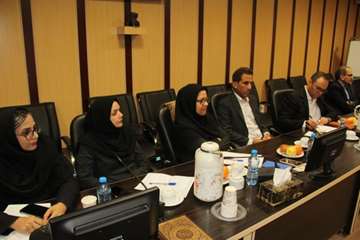
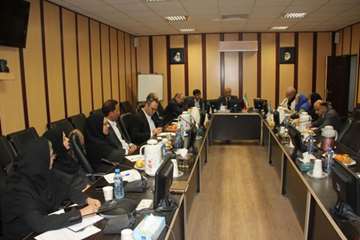
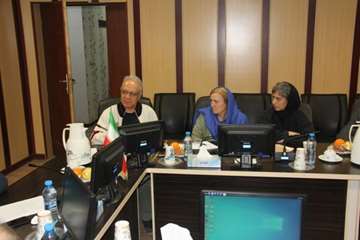
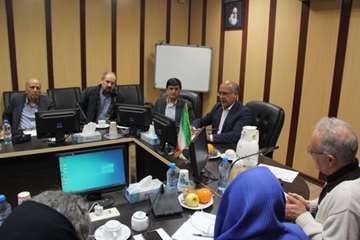
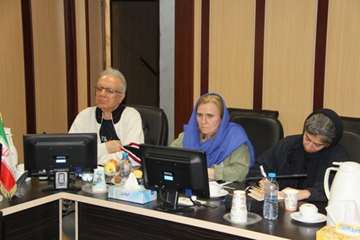
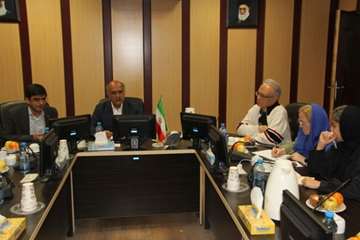

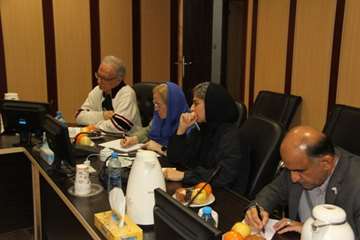
.jpg)
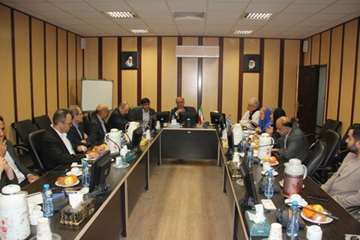
comment